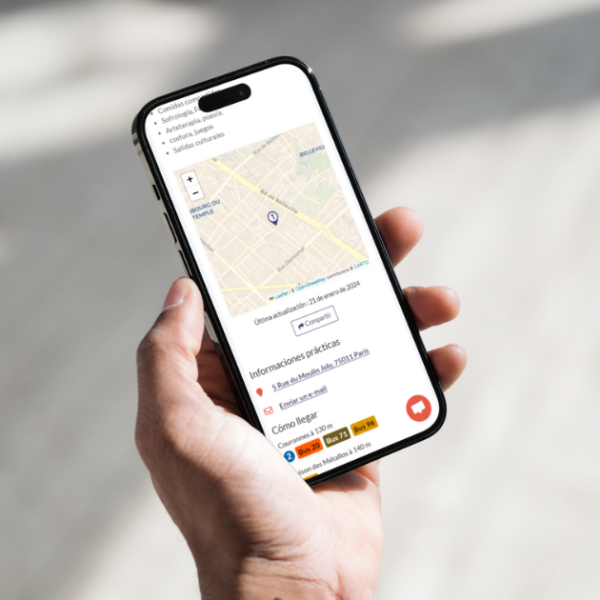DigitaliSSB (Promotion of the Digitalization of the Basic Social Services of Catalonia)

DigitaliSSB (Promotion of the Digitalization of the Basic Social Services of Catalonia)


DigitaliSSB is a project for the improvement of management and social intervention of the Basic Social Services in Catalonia through the design, development, implementation and evaluation in 18 Basic Areas of Social Services of two technological solutions: DigitaliSSB-Intervention, and DigitaliSSB-QdC.
(2023-2025)
The first technological solution, DigitaliSSB-Intervention, will facilitate the improvement of communication and the relationship, both among professionals and between professionals and users of the Basic Social Services Areas, plus a self-management service for users and a group activity management. It will also have different modules for sharing data and documents with a biometric signature platform, with data sources from other administrations and with “file management” information systems. At the same time, it will have a virtual assistant that will respond to information requests and other user-friendly tools (resources map, social aid simulator, personal space) to offer citizens guidance on the services and resources in the territory that can respond to their social needs and, in the case of citizens who are already users of social services, a personal space where they can have all the information on their social history with the Basic Area of Social Services and manage their relationship with social professionals (appointments, communication with professionals, etc.).
The second solution, DigitaliSSB-QdC, is a solution for decision making, planning and evaluation of social care, in the form of Dashboards for the 18 participating Basic Areas, to be used for analysis, decision making, planning and evaluation by the people in charge. They will be developed and implemented using the Power BI tool and service, one for each of the Basic Areas of Social Services participating in the project. The information obtained will be consolidated based on the people served and will be transformed into useful information for analysis and decision-making on the people served by the social services, the services provided, the costs of the services and the workload of the different professionals in each of the Basic Areas, among others.
The project is promoted by a group formed by the iSocial Foundation, which leads the project; the Rovira i Virgili University Foundation; and the Víctor Grífols y Lucas Foundation and its Chair of Bioethics at the University of Vic. At the same time, it has the collaboration of the Barcelona City Council as a knowledge partner, and the participation of 18 Basic Areas of Municipal and County Social Services: Tarragona City Council, Lleida City Council, Girona City Council, Reus City Council, Manresa City Council, Amposta City Council, Calafell City Council, Banyoles City Council, Garrotxa Social Action Consortium, Vallès Oriental Regional Council, Mancomunitat La Plana, Regional Council of La Noguera, Regional Council of Pla d’Urgell, Regional Council of Pallars Jussà, Regional Council of Pallars Sobirà, Regional Council of Alt Penedès, Regional Council of Alt Camp and Regional Council of Ribera d’Ebre.
Objectives:
The overall objective of the DigitaliSSB project is to contribute to the improvement of care in municipal and county Basic Social Services through digital transformation.
As secondary objectives, the following are proposed:
- To develop technological solutions co-designed with the professionals of 18 Basic Social Services that respond to their needs for improving social intervention.
- To train the professional teams of these 18 Basic Social Services in the use of the developed solutions and to accompany them for an effective management of the changes that their incorporation may entail.
- Implantar i avaluar de manera participativa les solucions desenvolupades, per a la seva millora, la seva consolidació i la seva potencial extensió posterior a la totalitat de les Àrees Bàsiques de Catalunya.
Expected results:
These two tools are expected to positively impact, together, on:
a) The process of social care and intervention.
b) Administrative simplification.
c) Planning and evaluation of social care.
d) Management capacity and decision making based on reliable and validated data.
e) Interrelation and interconnection to share information with other agents.
Leads:
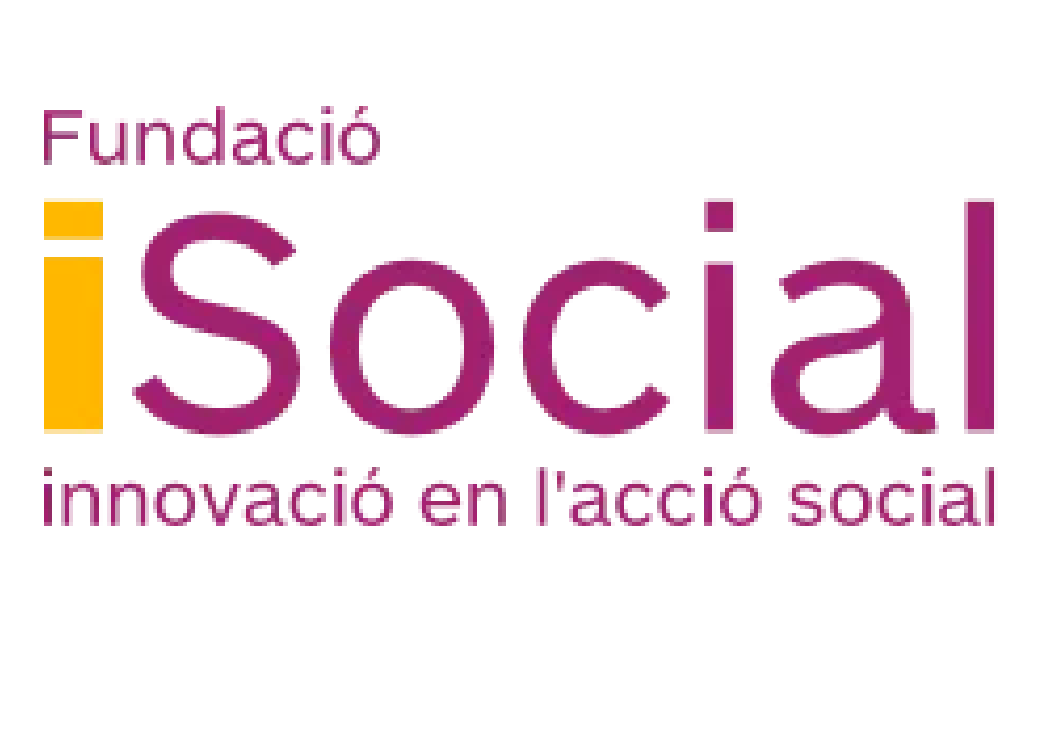
Partners:


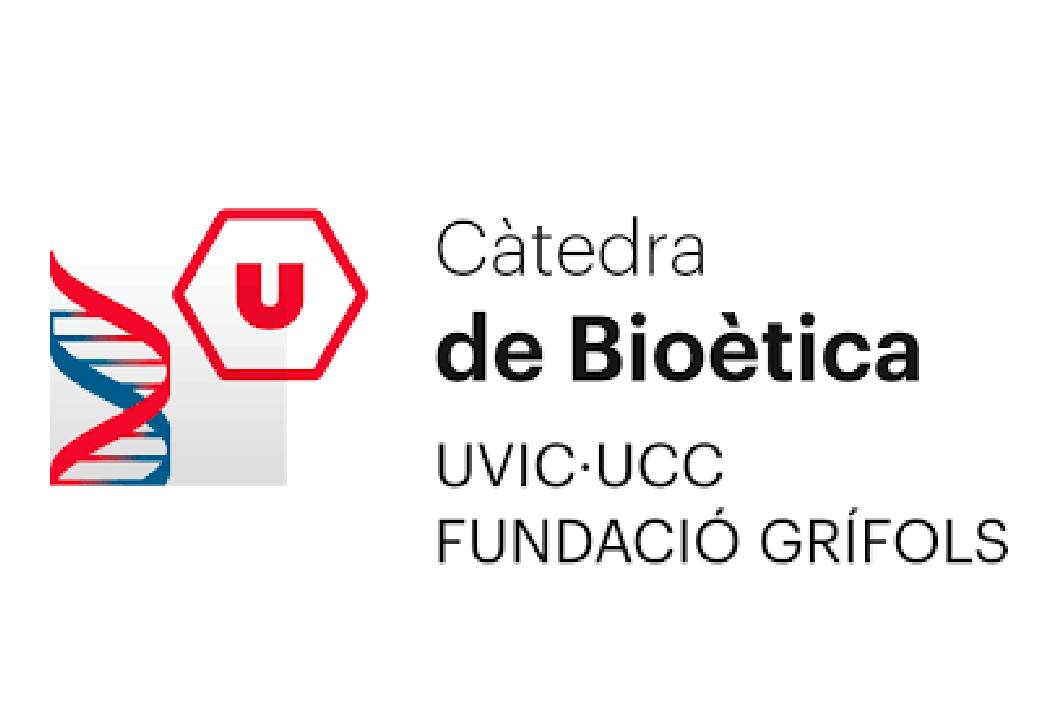

In collaboration with:
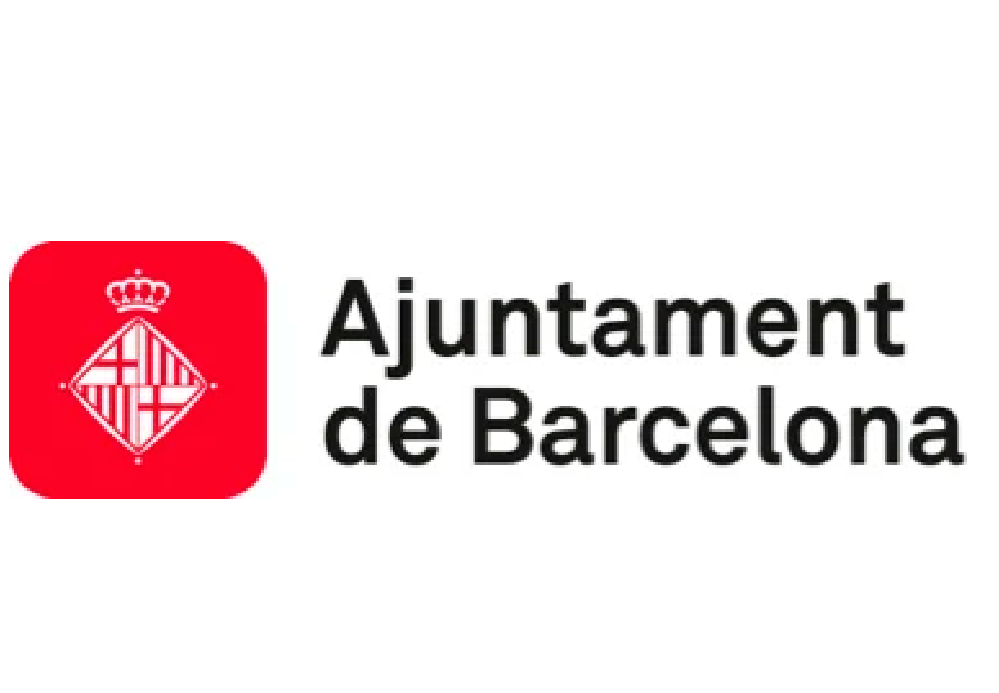


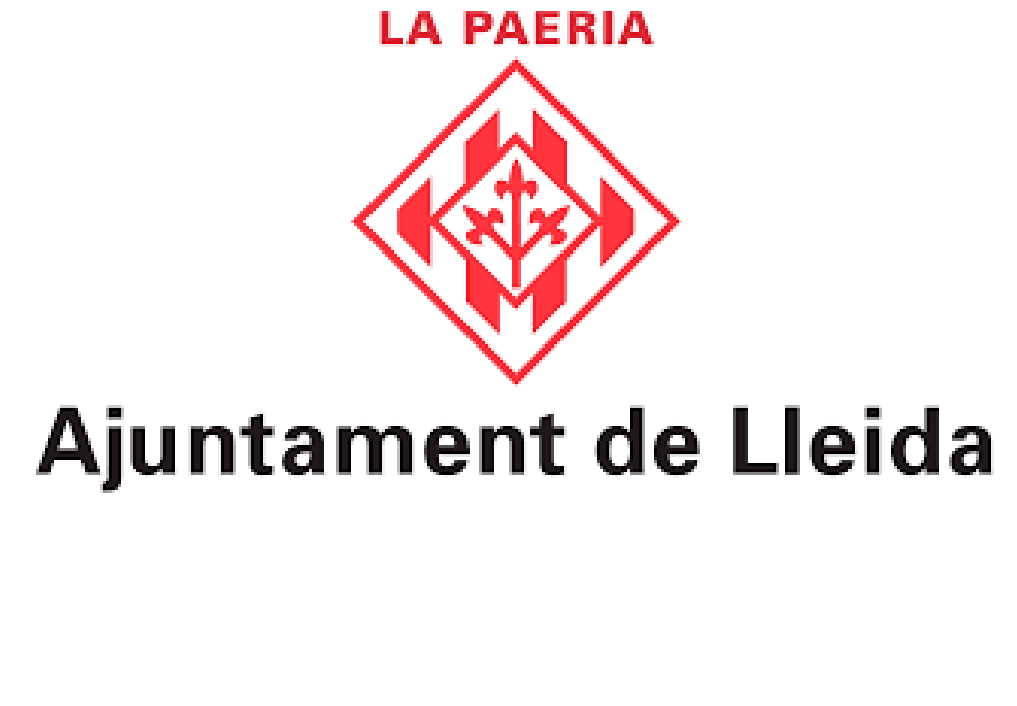

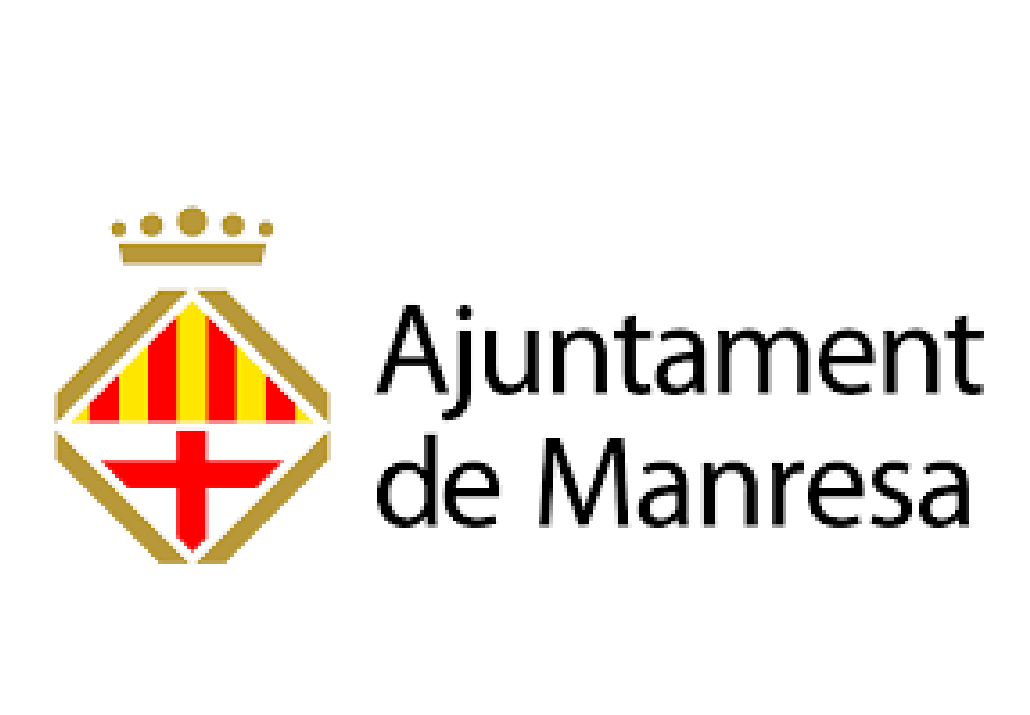
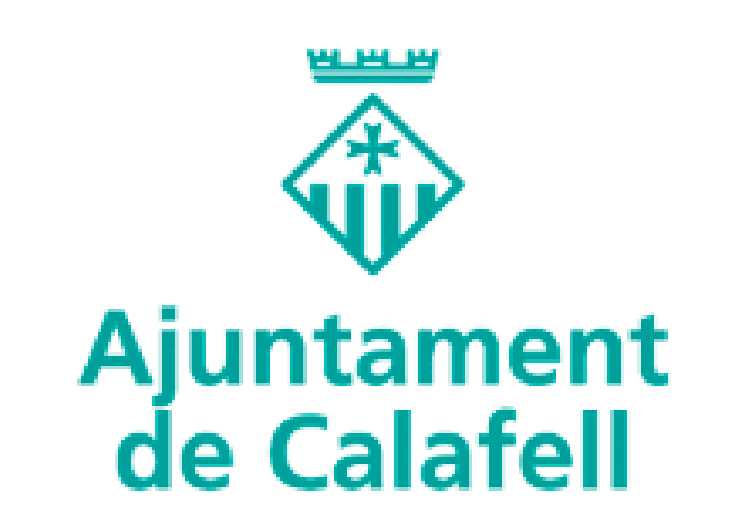
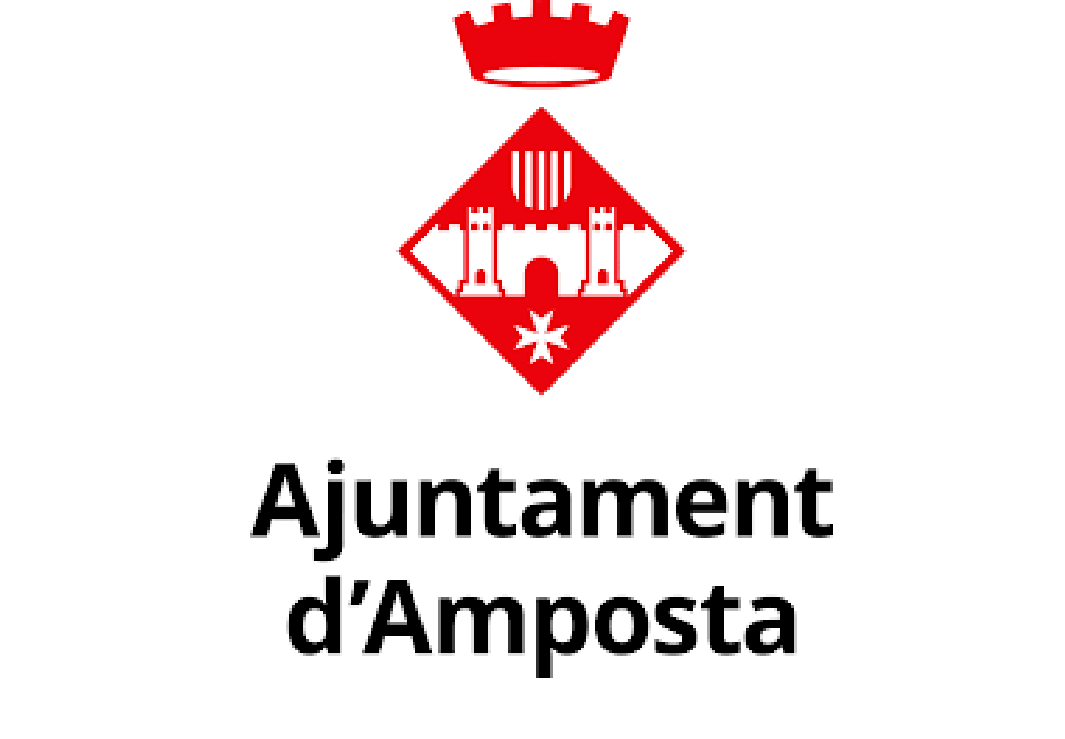
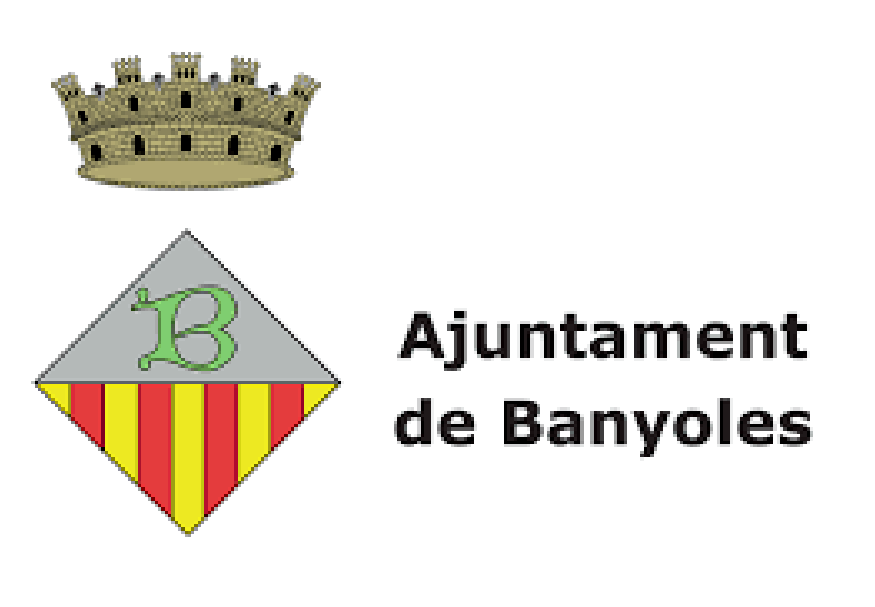
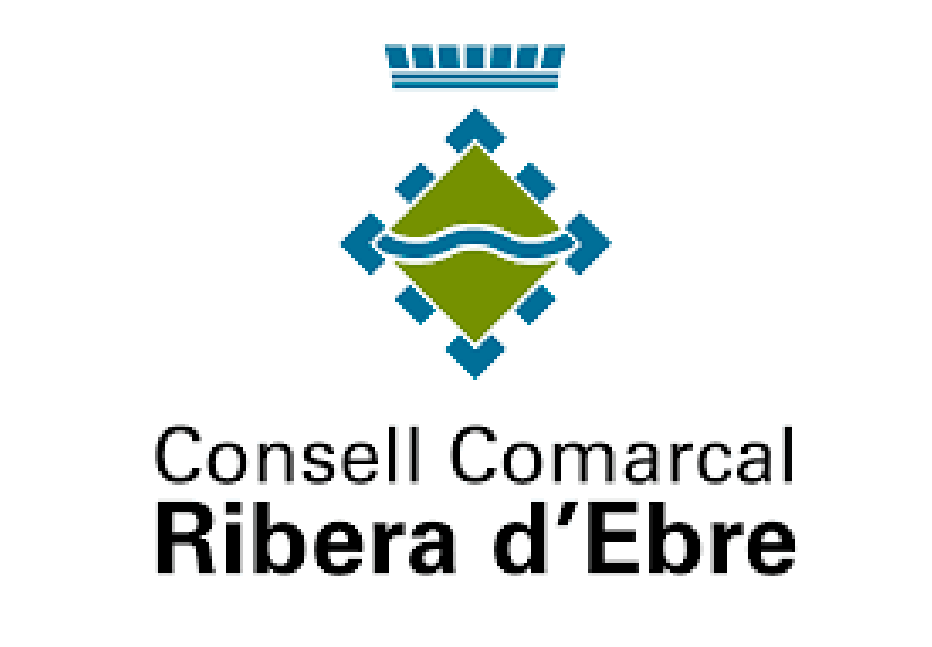


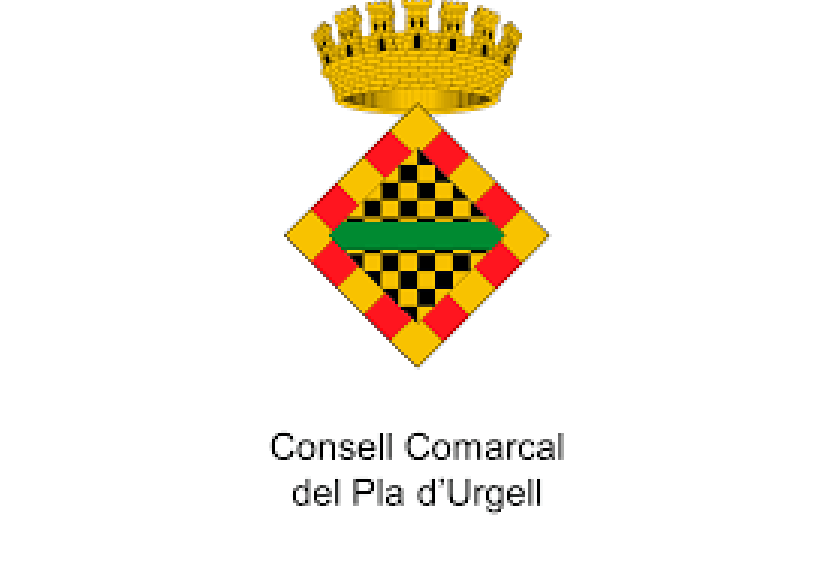
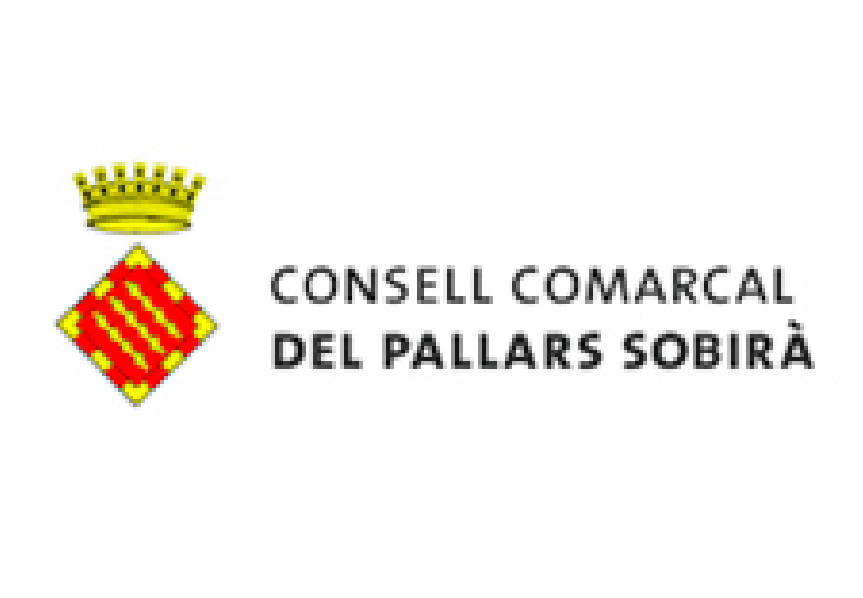
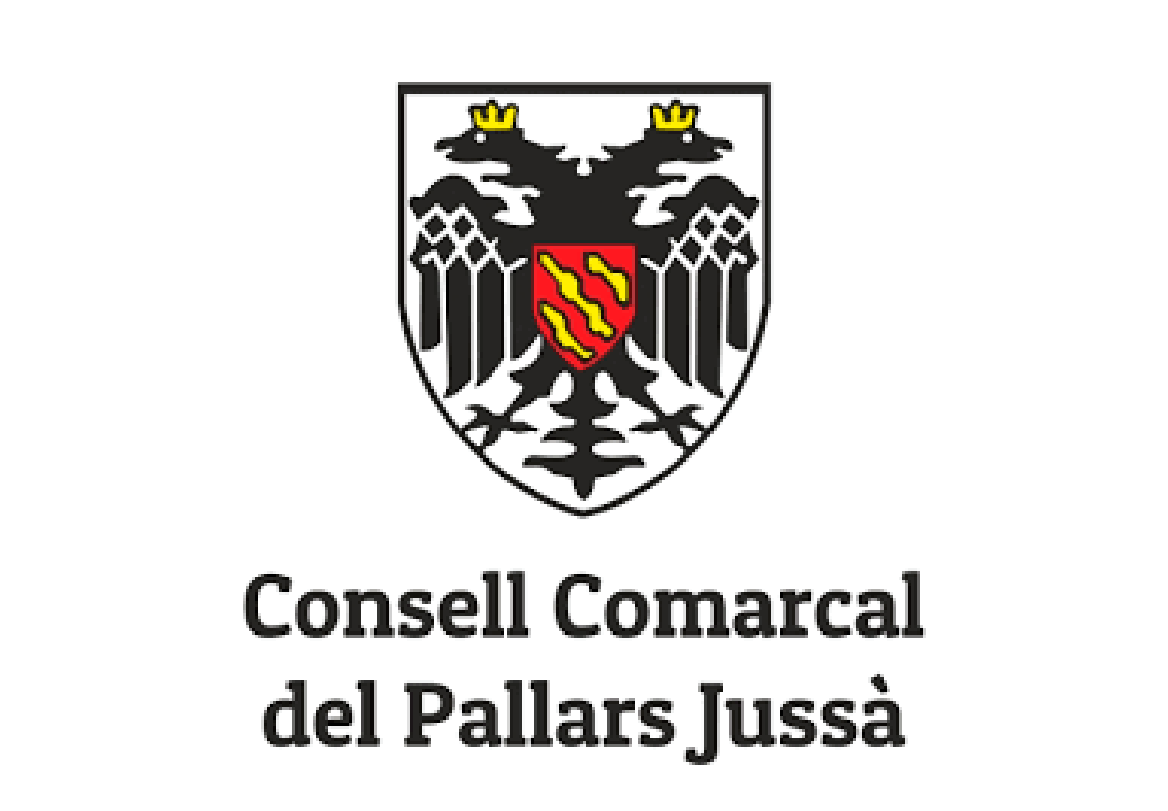

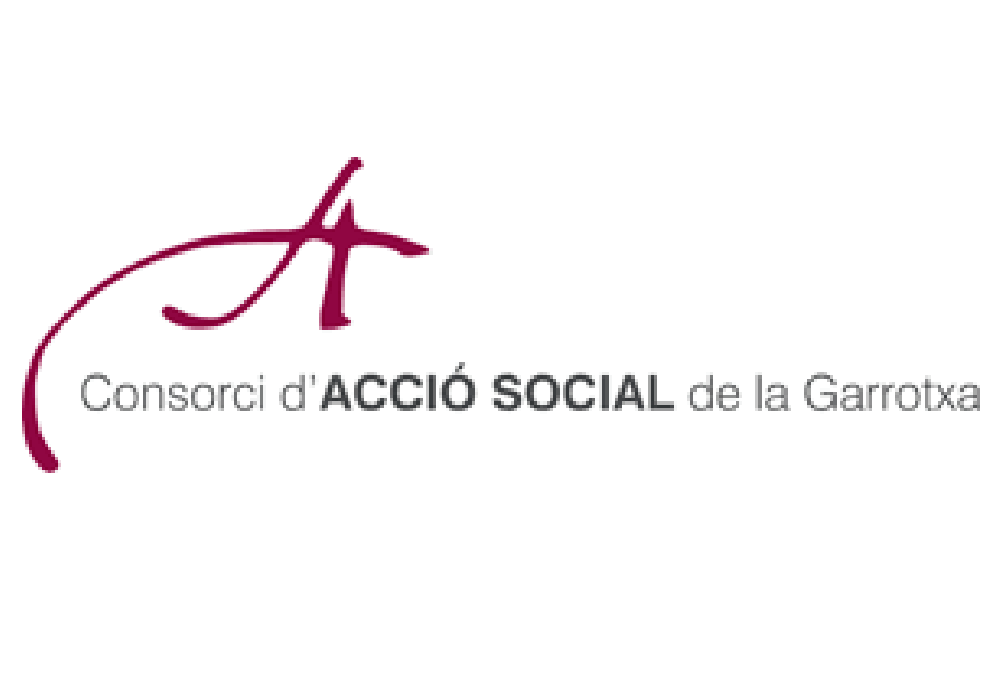

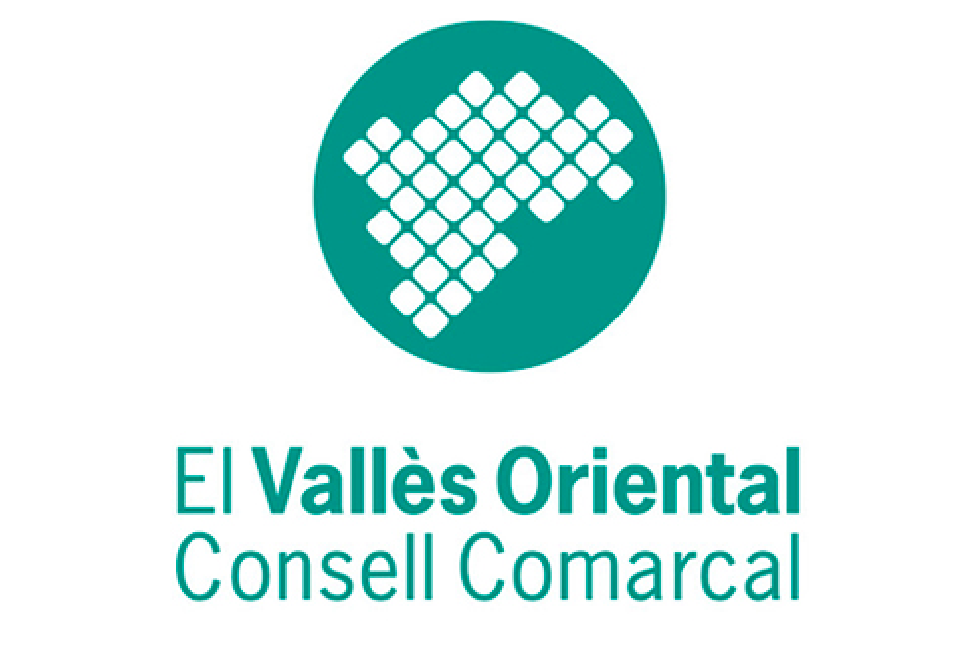
With the support of:

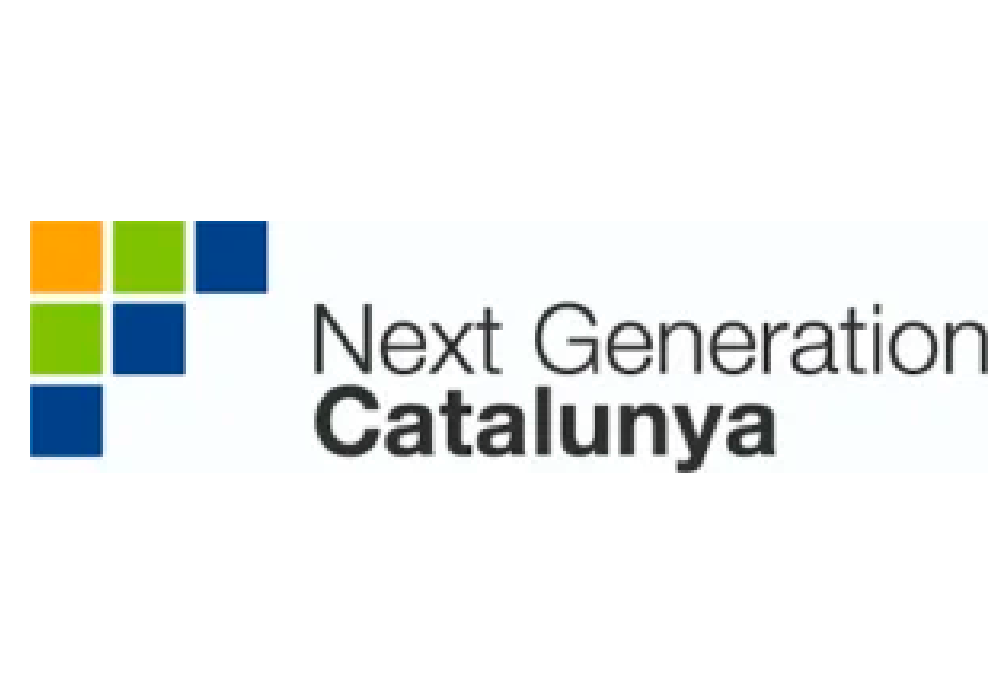
Projectes d’innovació



